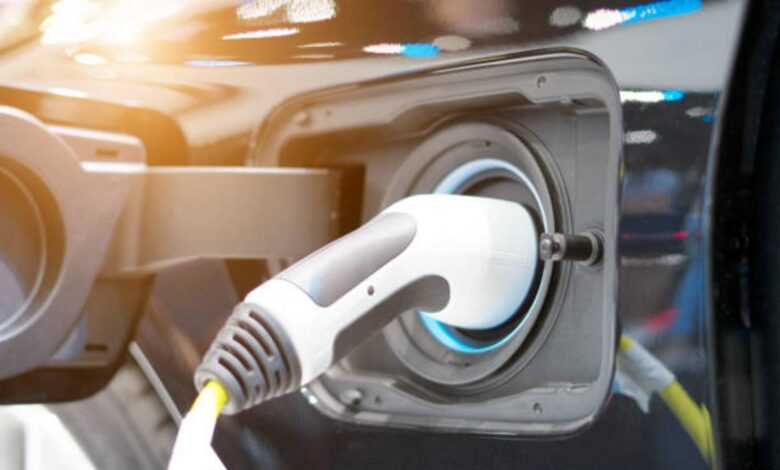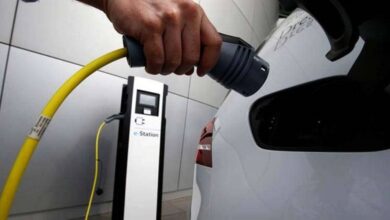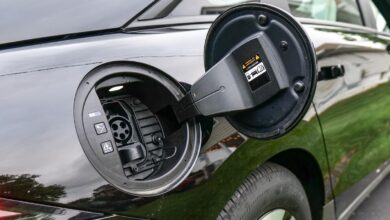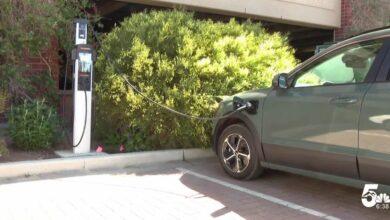EV mandate won’t work rural, farming communities

Terry Murphy
Rural Montanans deal with many trials that those in urban areas do not typically struggle with—whether that is internet connectivity, access to healthcare, or simply just the mileage it takes to get to a gas station or grocery store, the fact of the matter is that folks in the more remote portions of our state rely heavily on their vehicles to access the basic needs and services that we all rely on.
Unfortunately, the EPA’s recent rule mandating that two-thirds of vehicles sold by U.S. automakers be either electric battery powered or plug-in hybrid by 2032 completely disregards the needs of rural Montana and those in the agriculture community.
While electric vehicles may be preferred by some urban residents, it is simply unrealistic for those that inhabit rural regions – especially for Montana’s deeply valued farming communities. This regulation demonstrates significant federal government overreach. It will pit rural and urban communities against each other in a very serious way, which is why our lawmakers in Washington, D.C. need to prevent this mandate from going into effect.
As a Montana farmer, a former state Senator, and an advocate for Montana’s agriculture industry, I have worked closely with these communities. I know what it takes, day in and day out, to be in agriculture.
Our gas- and diesel-powered vehicles enable farmers to travel long distances with the ability to refuel—which doesn’t exist with electric vehicles since we do not have enough electric charging stations for this mandate to be feasible, nor do we have the electric grid capacity to support a large scale build out of electric vehicle chargers.
If farmers are forced to utilize a battery electric vehicle, shipment of crops, and ultimately supply chains could face serious disruptions and price increases. It is several miles from my farm home to the nearest paved road. With the inefficiency of battery power in cold weather an electric vehicle would be nearly worthless for me to own. Our elected officials must recognize this reality.



